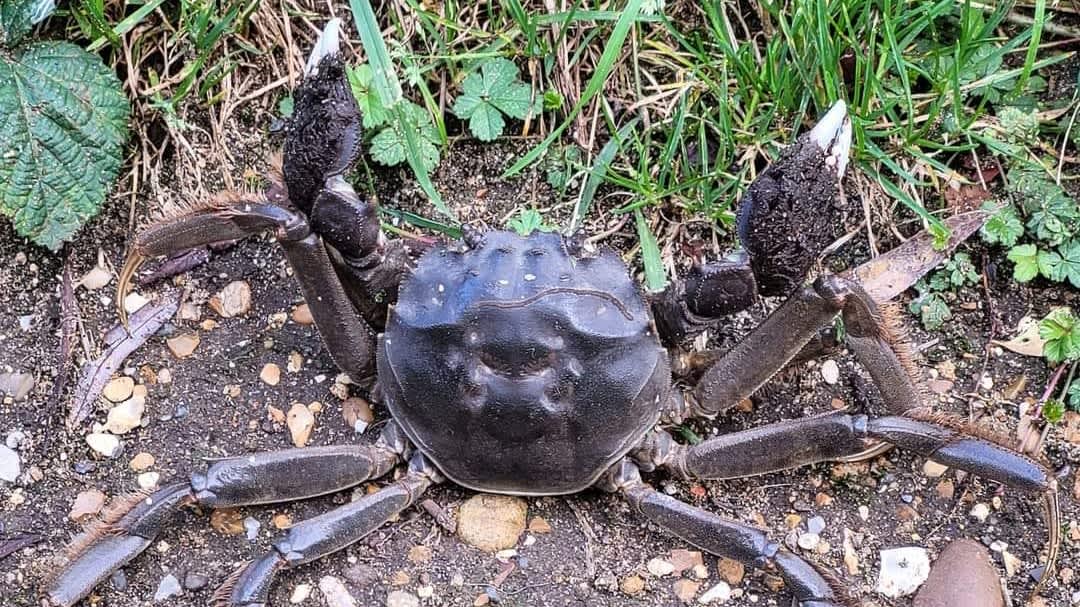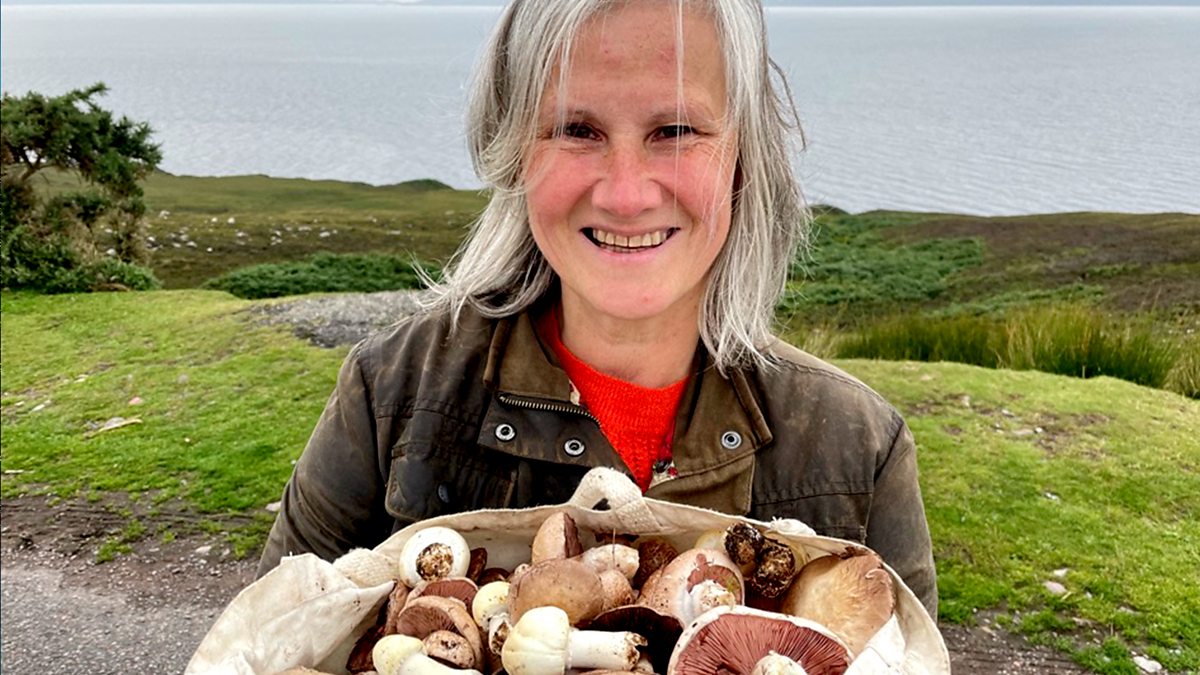In these sorts of discussions, people rarely mention insects, ants, ant eggs, earth worms, snails and slugs and so on, from a survival perspective. Admitidly, from the point of view of this thread, they are not really location specific. I'm one and a half series into Alone, and they barely feature there either. Is there any evidence of prehistoric people eating these? Or do they just not provide enough calories to be worthwhile?
I think I would also choose the coastal areas of East Anglia. Combination of wetlands, woodland, lakes and rivers and the sea.

news.stv.tv


